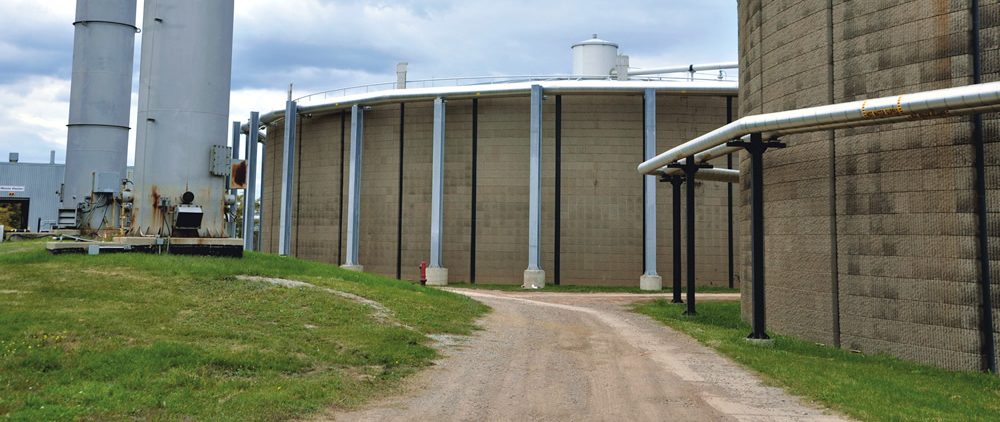There is an enormous opportunity in the Province of Ontario, to reduce energy consumption and GHG emissions through the municipal water sector. That is the overarching message of a new report from the Ontario Environment Commissioner, Dianne Saxe’s office released this week.
While several U.S. studies and one earlier report from the POLIS Group, have suggested that the energy used by municipal water and sewage systems constitutes about two-thirds that of the energy used for entire municipal system, there has been a lack of evidence to support this in Canada.
The new ECO report, entitled, Every Drop Counts: Reducing the Energy and Climate Footprint of Ontario’s Water Use, included data from a survey of Ontario municipalities that was issued in early 2017 that cements this fact.
The survey reached about 25 per cent of Ontario municipalities, representing over 70 per cent of the provincial population served by municipal drinking water and wastewater systems. The survey was designed “to better understand the varied experiences of Ontario municipalities in managing the energy intensity of their drinking water and wastewater systems.”
The results show that, on average, 38 per cent of the energy used by municipalities is consumed by water and wastewater systems.
The report also noted that the real climate impact of municipal water systems are greater than the sum of these numbers, because the emissions reported under O. Reg. 397/11 only include GHGs from the energy purchased by municipal water systems. GHGs emitted from the wastewater systems themselves or from the resulting biosolids are not reported. As well, it noted, “national and provincial GHG inventories do include estimates of the GHGs emitted from wastewater (primarily methane and carbon dioxide), but these estimates also understate the climate footprint of municipal wastewater.”
“The federal methodology incorrectly assumes that GHGs are emitted only from lagoons and septic tanks, and from nowhere else in municipal wastewater systems.”
Examining opportunities to become more energy efficient in the way water services are delivered, the survey showed that there is enormous potential to increase energy efficiency through asset management planning, conservation programs, biogas utilization, and other measures.
Respondents of the survey noted that financial assistance to implement energy efficiency projects is a priority need, followed by informational assistance, “both to understand and benchmark energy use, or to identify potential energy saving opportunities, ” identified by almost one-third of responding municipalities.
The report is the Environmental Commissioner of Ontario’s first instalment of two, delivered as part of its mandate to deliver annual Energy Conservation Progress Report of the government. Volume two, to be issued later this year, will provide a broader review of progress of activities in Ontario in energy conservation.
Water Canada interviewed Environment Commissioner Dianne Saxe about the recommendations of the report here.
The full report and survey results can be accessed online here.











